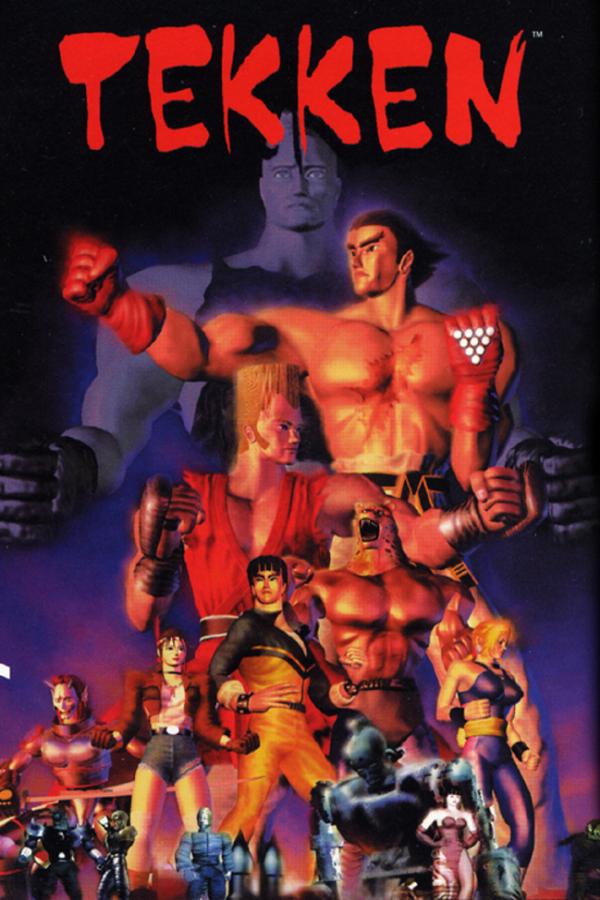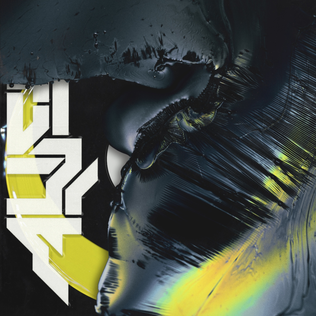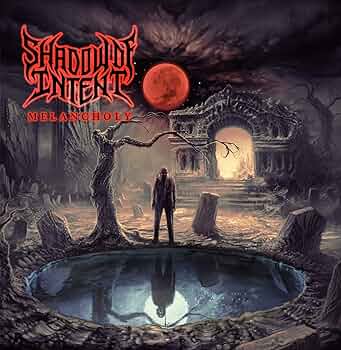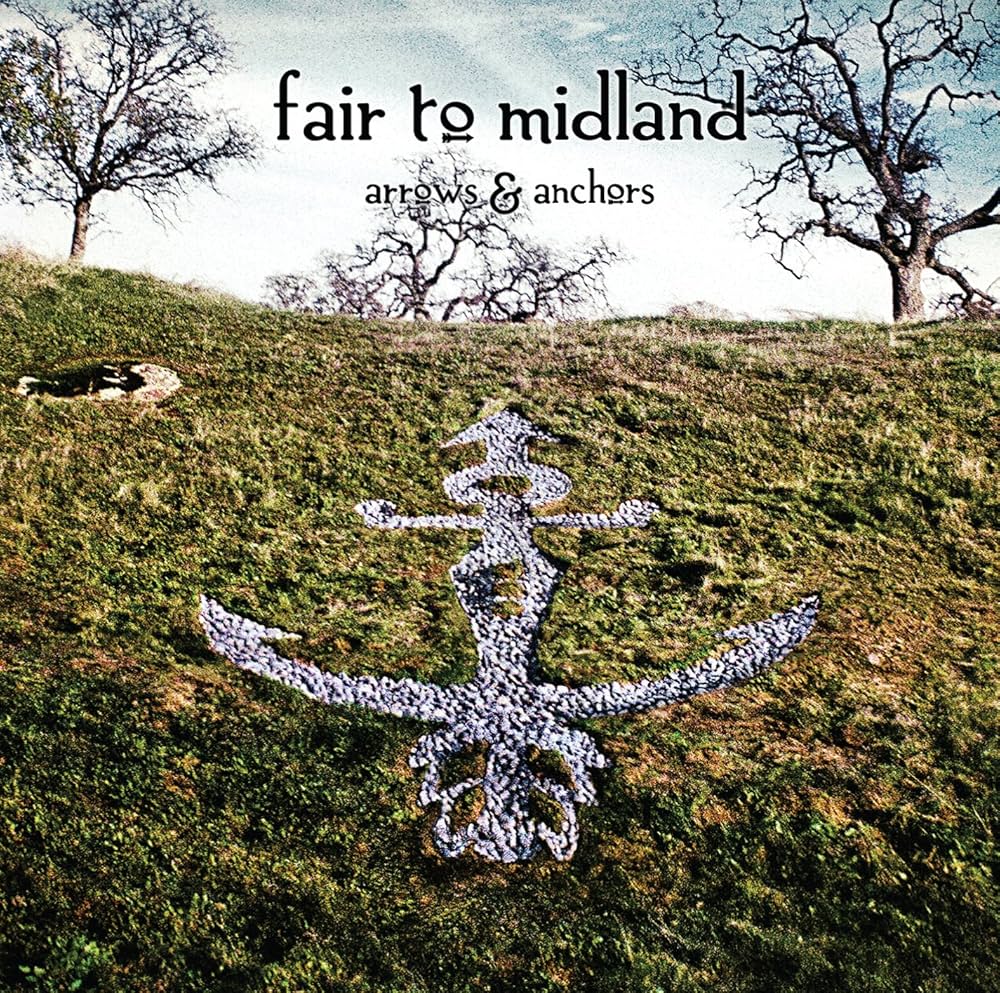Seeing the contrast in sound when listening to Will of the People by Muse helped rejuvenate my love for the band and experimental alternative as a whole. The album felt fresh, with its heavier sound and rhythmic songwriting, to the point of rivaling some of the best theatre. However, there was a sense of nostalgia, something that felt like home. Then it clicked, Will of the People was more of an extension to 2006’s Black Holes and Revelations, a masterpiece that saw a paradigm shift in Muse’s sound and one of their most ambitious albums to date. Black Holes and Revelations (or BHR) is a semi-concept album that deals with the peculiarity of dystopian society. To acknowledge the mastery of Muse and this piece of art, we must explore each track to see if it truly has any grounds for its success.
“Take a Bow”: 4
BHR opens up by establishing the thematic undertone, by periodically pulling in the instrumental consistency as well. During the verses, lead singer Matt Belamy fills the air with ambient synths, mostly playing off of Muse’s deep-rooted stimulation theory, which combines simplistic synthwork with shoegaze-oriented guitar pedals. However, they completely flip the arrangement on its head while leading the listener’s ear into a more patriotic feeling hook. The chanting vocals and Dominic Howard’s marching band-esque playability. Both show the heavily politicized dystopia in both the narrative and the rest of the tracklist.
“Starlight”: 3
Unfortunately, listeners are whiplashed to a slow crawl. The biggest problem I have with this track is its basic feel. The songwriting and the ontologies of compositions are creative, and at times edge on the line of progressive rock. “Starlight” felt more like a lab-formed single, as a quick cash grab and radio hit, even the vocals by Belamy were not on par.
“Supermassive Black Hole”: 5
Luckily, listeners will be blasted in the face with overly thick guitars and bass. From the start, Belamy’s and Chris Wolstenholme’s guitar and basswork, resemble newer garage rock at the time, with an inherent application of funk. I was surprised by the drumwork, which wasn’t as prominent, making the other instruments in the mix have a percussive element. Vocally, Belamy almost sounds like he is starting his vocals, sort of establishing a parody of a radio-pop song of that time. It feels super formulaic and fitting for its time, but there are small blemishes of experimentation that almost perfects the composition.
“Map of The Problematique”: 5
From the beginning Muse establishes the setting of the desert, with a whimsical acoustic section. Just the speed and the tonality of each chord prompt each element of the atmosphere. The rest of the track brings all the deliverables together for a stripped (yet granular) composition. Belamy consistently presents the recurring opening sequence interweaving them in between emotional choruses. Lyrically, the song is an idiom about not being able to move on, wrapped in the term, the global problematique, an analysis of the earth’s future problems on a microscopic level to a galactic one as well.
“Solider’s Poem”: 4
There isn’t much to talk about since it’s kind of a false-interlude. It’s Muse’s exploration into a jazz-oriented piece. It’s perfectly fine, and it’s easy to listen to. The track is about a soldier who writes a letter to his loved one. He’s distraught and crestfallen. It explores the meaning of war and the reflections of his desire for justice.
“Invincible”: 4
Probably one of my favorite aspects of Muse’s writing is how Matt Belamy and Co. will approach their ballad sections. Methodicalness is a given, but looking at Will of the People and the former, we see that the more minimalistic nature of the instrumentation comes mainly from one instrument. For Will of the People it was the piano and keys, for BHR it’s mainly the acoustic guitar. Even though the piano is perfectly fine, there’s something fashionable and emotionally forward about the acoustic guitar.I can’t put my finger on it, though. Belamy takes inspiration from David Bowie’s “Heroes” with a deeper supplication for the politics of the dystopia. It explores the ideas of the power of individualism when a community comes together as one.
“Assassin”: 4
“Assassin” sort of pulls back the alternative stylization with a more Brit-punk approach. Both Belamy and Wolstenholme let the low ends hang even lower. The mix feels super chunky because of the fuzziness of both instruments, and David Howard returns with the marching band-esque methodology. It fits well with the album and its tracklist. Unlike Bring Me the Horizons, Muse take on British punk, Muse sounds authentic. The track establishes the corruptive system of the dystopia and its need for a revolution.
“Exo-Politics”: 5
The best way to explain this track’s typological nature is by comparing it to “Supermassive Black Hole” and “Map of The Problematique.” Between the funk-oriented drum and guitar work throughout the verses and the more melodic side of the chorus. It took both elements (which were strong by themselves) and combined them to make a zenith for the album.
“Hoodoo”:4
I thoroughly enjoyed this track. After listening to Will of the People this feels like a prototype of the slower tracks from that record. It has some beautiful instrumental arrangements, especially during the choruses. I like the western-sounding scalesBelamy plays on the guitar; it gives the track a lot of character. “Hoodoo” illustrates a heavy relationship that’s doomed to fall apart, but the two of them are holding it up anyway for whatever reason, and it’s causing much stress.
“Knights of Cydonia”: 4
Can I just say, I think it’s genius when bands establish certain instrumental flares or musical adaptations,then later on correlate it or pair it with another. It mixes the sounds of tracks up while keeping the familiarity still alive within the track listing. “Knights of Cydonia” merges “Map of The Problematique” and its faster-paced melodies, with the western playstyle from Matt Belamy in “Hoodoo.” Again, super simplistic, but somehow makes an effective listening experience and ends the album.
Overall, BHR is a masterclass on how to make an easy-listening experience, while challenging not just the musicians but also the listeners musically and narratively. It’s a near-perfect piece of work which encapsulates the time and etches Matt Belamy’s name into the rare pantheon of genius frontmen.








